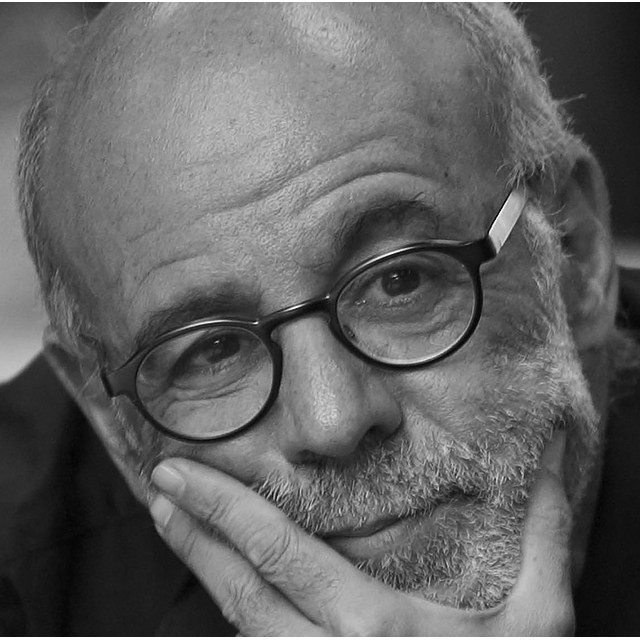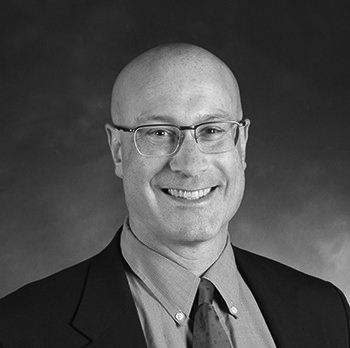Historic Document
Principles and Ideals of the United States Government, Campaign Speech, Madison Square Garden (1928)
Herbert Hoover | 1928

Library of Congress, Prints and Photographs Division
Summary
With extensive global experience as a mining engineer, businessman, and, later, humanitarian and public servant, the self-described liberal, progressive President Herbert Hoover advocated for traditional understandings of the American constitutional order rooted in decentralized and limited government that would work cooperatively with private businesses and individuals to advance social and economic progress. As the Republican nominee for President, Hoover argued for the unique promise of American constitutional government and expressed concern that departures from its commitments during the emergency of World War I might serve for some as a template for something more permanent. When the Great Depression hit during his presidential term, and was defeated in a landslide by the Democrat Franklin Delano Roosevelt, who went on to be elected to an unprecedented four terms encompassing the twin crises of the Depression and the Second World War. When FDR transformed the government with the New Deal, Hoover saw his worst fears realized, and spoke out against these transformations for the remainder of his life, until his death in 1964.
Selected by

William E. Forbath
Lloyd M. Bentsen Chair in Law, and Associate Dean for Research, The University of Texas at Austin School of Law

Ken I. Kersch
Professor of Political Science, at Boston College
Document Excerpt
The principles to which [The Republican Party] adheres are rooted deeply in the foundations of our national life…. After the war, when the Republican Party assumed administration of the country, we were faced with the problem of determination of the very nature of our national life. During 150 years we have builded up a form of self-government and a social system which is peculiarly our own. It differs essentially from all others in the world. It is the American system. It is just as definite and positive a political and social system as has ever been developed on earth. It is founded upon a particular conception of self-government; in which decentralized local responsibility is the very base. Further than this, it is founded upon the conception that only through ordered liberty, freedom and equal opportunity to the individual will his initiative and enterprise spur on the march of progress. And in our insistence upon equality of opportunity has our system advanced beyond all the world.
During the war we necessarily turned to the Government to solve every difficult economic problem. The Government having absorbed every energy of our people for war, there was no other solution. For the preservation of the State, the Federal Government became a centralized despotism which undertook unprecedented responsibilities, assumed autocratic powers, and took over the business of citizens. To a large degree we regimented our whole people temporarily into a socialistic state. However justified in time of war, if continued in peace time it would destroy not only our American system but with it our progress and freedom as well.
When the war closed, the most vital of all issues both in our own country and throughout the world was whether Governments should continue their wartime ownership and operation of many instrumentalities of production and distribution. We were challenged with a peace-time choice between the American system of rugged individualism and a European philosophy of diametrically opposed doctrines—doctrines of paternalism and state socialism. The acceptance of these ideas would have meant the destruction of self-government through centralization of government. It would have meant the undermining of the individual initiative and enterprise through which our people have grown to unparalleled greatness….
The Republican Party from the beginning resolutely turned its face away from these ideas and these war practices….When the Republican Party came into full power, it went at once resolutely back to our fundamental conception of the state and the rights and responsibilities of the individual. Thereby it restored confidence and hope in the American people, it freed and stimulated enterprise, it restored the Government to its position as an umpire instead of a player in the economic game….
There has been revived in this campaign … a series of proposals which, if adopted, would be a long step toward the abandonment of our American system and a surrender to the destructive operation of governmental conduct of commercial business. Because the country is faced with difficulty and doubt over certain national problems—that is, prohibition, farm relief and electrical power—our opponents propose that we must thrust government a long way into the businesses which give rise to these problems. In effect, they abandon the tenets of their own party and turn to state socialism as a solution for the difficulties presented by all three….
There is, therefore, submitted to the American people a question of fundamental principle. That is: shall we depart from the principles of our American political and economic system, upon which we have advanced beyond all the rest of the world, in order to adopt methods based on principles destructive of its very foundations? … [T]his goes to the very roots of American life and progress….
I should like to state to you the effect that this projection of government in business would have upon our system of self-government and our economic system. That effect would reach to the daily life of every man and woman. It would impair the very basis of liberty and freedom not only for those left outside the fold of expanded bureaucracy but for those embraced within it….Bureaucracy does not tolerate the spirit of independence; it spreads the spirit of submission into our daily life and penetrates the temper of our people not with the habit of powerful resistance to wrong but with the habit of timid acceptance of irresistible might….
Every step of bureaucratizing of the business of our country poisons the very roots of liberalism—that is, political equality, free speech, free assembly, free press, and equality of opportunity. It is the road not to more liberty, but to less liberty. Liberalism should be found not striving to spread bureaucracy but striving to set bounds to it….
Liberalism is a force truly of the spirit, a force proceeding from the deep realization that economic freedom cannot be sacrificed if political freedom is to be preserved…. Even if governmental conduct of business could give us more efficiency instead of less efficiency, the fundamental objection to it would remain unaltered and unabated. It would destroy political equality. It would increase rather than decrease abuse and corruption. It would stifle initiative and invention. It would undermine the development of leadership. It would cramp and cripple the mental and spiritual energies of our people. It would extinguish equality and opportunity. It would dry up the spirit of liberty and progress. For these reasons primarily it must be resisted….
[I do not wish] to be misinterpreted as believing that the United States is free-for-all and devil-take-the-hind-most. The very essence of equality of opportunity and of American individualism is that there shall be no domination by any group or combination in this Republic, whether it be business or political. On the contrary, it demands economic justice as well as political and social justice. It is no system of laissez faire….
Our people have the right to know whether we can continue to solve our great problems without abandonment of our American system. I know we can…. By adherence to the principles of decentralized self-government, ordered liberty, equal opportunity and freedom to the individual, our American experiment in human welfare has yielded a degree of well-being unparalleled in all the world. It has come nearer to the abolition of poverty, to the abolition of fear of want, than humanity has ever reached before…. This alone furnishes the answer to our opponents who ask us to introduce destructive elements into the system by which this has been accomplished….
My conception of America is a land where men and women may walk in ordered freedom in the independent conduct of their occupations; where they may enjoy the advantages of wealth, not concentrated in the hands of the few but spread through the lives of all, where they build and safeguard their homes, and give to their children the fullest advantages and opportunities of American life; where every man shall be respected in the faith that his conscience and his heart direct him to follow; where a contented and happy people, secure in their liberties, free from poverty and fear, shall have the leisure and impulse to seek a fuller life.
Some may ask where all this may lead beyond mere material progress. It leads to a release of the energies of men and women from the dull drudgery of life to a wider vision and a higher hope. It leads to the opportunity for greater and greater service, not alone from man to man in our own land, but from our country to the whole world. It leads to an America, healthy in body, healthy in spirit, unfettered, youthful, eager—with a vision searching beyond the farthest horizons, with an open mind sympathetic and generous. It is to these higher ideals and for these purposes that I pledge myself and the Republican Party.




